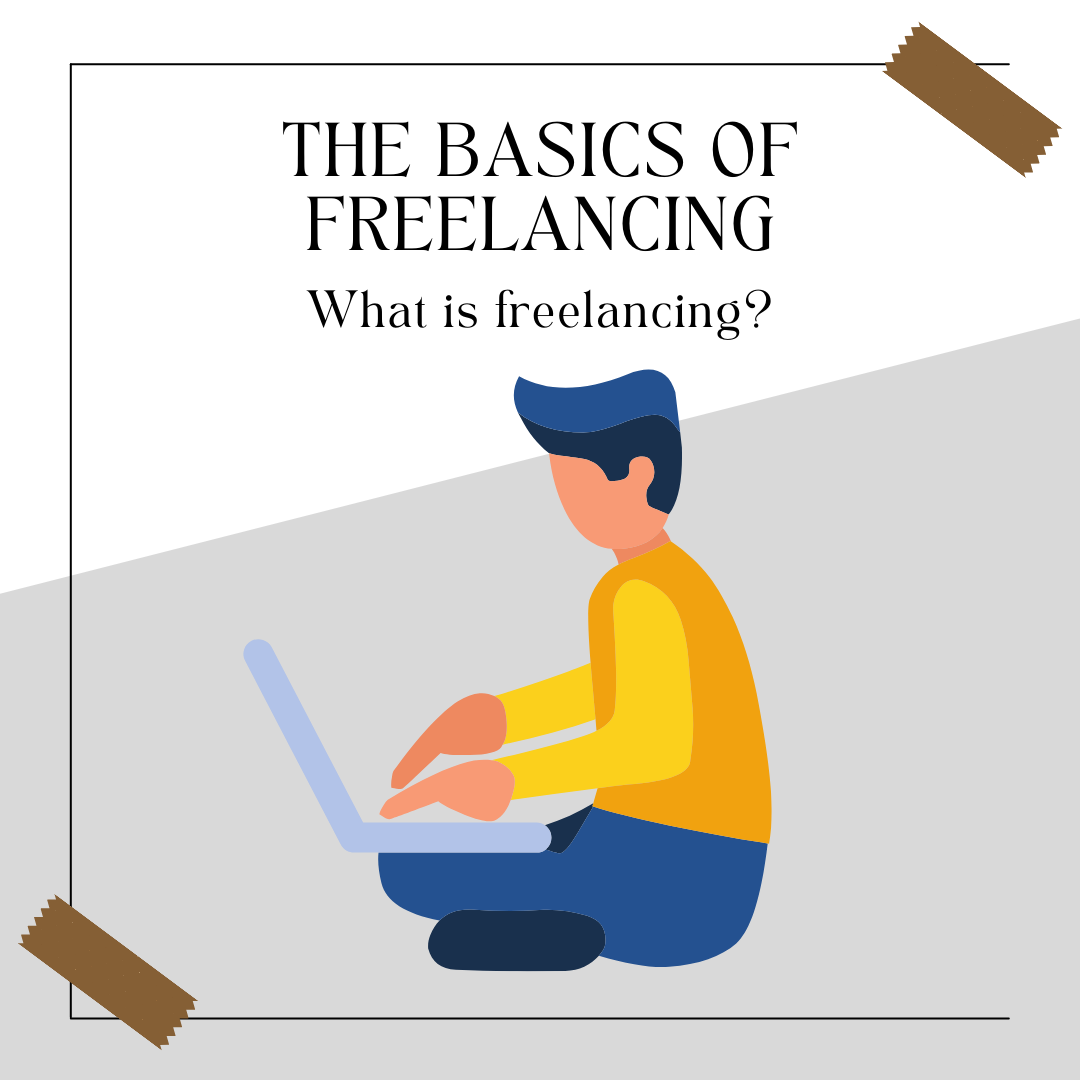In a digital era where cyberattacks are escalating across borders, Nigerian cybersecurity strategist Adeyinka Afolabi believes artificial intelligence could be the game changer for Africa’s governance, risk, and compliance landscape. He points out that while developed economies are already embedding AI into compliance monitoring and predictive security, most African businesses are still lagging behind, exposing themselves to unnecessary risks. Afolabi stresses that Africa’s digital economy will only thrive if technology is used not just for innovation, but also for accountability and resilience.
As a cybersecurity specialist with hands-on experience, Adeyinka Afolabi has devoted much of his career to advancing conversations about how Africa can better secure its digital infrastructure. He is deeply passionate about how Nigeria, his home country, can tap into the innovations that developed nations are already enjoying, particularly in areas of cybersecurity, economic development, and technological progress. For him, the question is not whether Africa can adopt these advancements, but how quickly the continent is willing to bridge the gap between ambition and execution.
Afolabi argues that artificial intelligence has already proven its worth in countries where technology underpins almost every sector of the economy. From banking systems in Europe that use AI to flag suspicious transactions in real time, to Asian manufacturing giants deploying predictive analytics to reduce supply chain risks, the results speak for themselves. Yet in Nigeria and across much of Africa, many institutions continue to rely on outdated models of governance and compliance that cannot keep pace with the sophistication of modern cyber threats. This, he warns, leaves businesses vulnerable to attacks that not only drain resources but also erode public trust.
The importance of AI in governance, risk, and compliance, according to Afolabi, cannot be overstated. He explains that AI tools can analyze massive volumes of data to detect irregularities far beyond the capacity of human oversight. They can automate compliance checks, ensuring that businesses meet both local and international regulatory standards without unnecessary delays. They can forecast potential cyber risks before they escalate into full-blown attacks, giving businesses the opportunity to respond proactively. Most importantly, they create transparency and accountability, both of which are essential for building investor confidence in African markets.
Afolabi is particularly concerned about the Nigerian financial sector, which has seen an increase in digital fraud and cyberattacks in recent years. While fintech companies are pushing boundaries with innovative solutions, the same energy is not always applied to compliance and cybersecurity infrastructure. This imbalance, he argues, could undermine the very progress the sector has achieved. By contrast, in countries where AI-driven compliance frameworks are the norm, financial institutions have been able to scale faster while safeguarding both their customers and their reputations.
Beyond finance, Afolabi believes the lessons of AI-enhanced governance and compliance can extend into other critical sectors such as healthcare, energy, and public administration. In healthcare, AI could monitor data systems for breaches that compromise patient confidentiality. In the energy sector, it could predict risks that might disrupt power distribution. For government agencies, AI could strengthen accountability by identifying corruption risks and flagging irregular spending patterns. Each of these applications, he notes, has direct implications for Africa’s ability to accelerate its economic development.
Despite these opportunities, Afolabi laments that Africa still treats AI with a level of skepticism that slows adoption. Many businesses view it as a luxury rather than a necessity, and regulatory frameworks are often unclear or inconsistent. He insists that this mindset must change if the continent is to compete globally. “The world is not waiting for Africa to catch up,” he often says, “and if we fail to prioritize AI in governance and compliance, we risk widening the gap rather than closing it.”
At the heart of Afolabi’s advocacy is a belief that Africa must not only consume global technologies but also contribute to their development. He envisions a future where Nigerian innovators design AI tools tailored to the continent’s unique challenges, from combating cybercrime to ensuring fair governance. For him, this is about more than technology; it is about sovereignty, resilience, and the continent’s ability to shape its own digital destiny.
Adeyinka Afolabi’s voice adds to a growing chorus of experts who believe Africa is standing at a crossroads. The choices made today about digital security, compliance, and risk management will determine whether the continent becomes a global player in the digital economy or remains dependent on external systems that do not fully serve its interests. In his view, the path forward is clear: embrace artificial intelligence not just as a tool for efficiency but as a foundation for accountability, growth, and long-term sustainability.

















